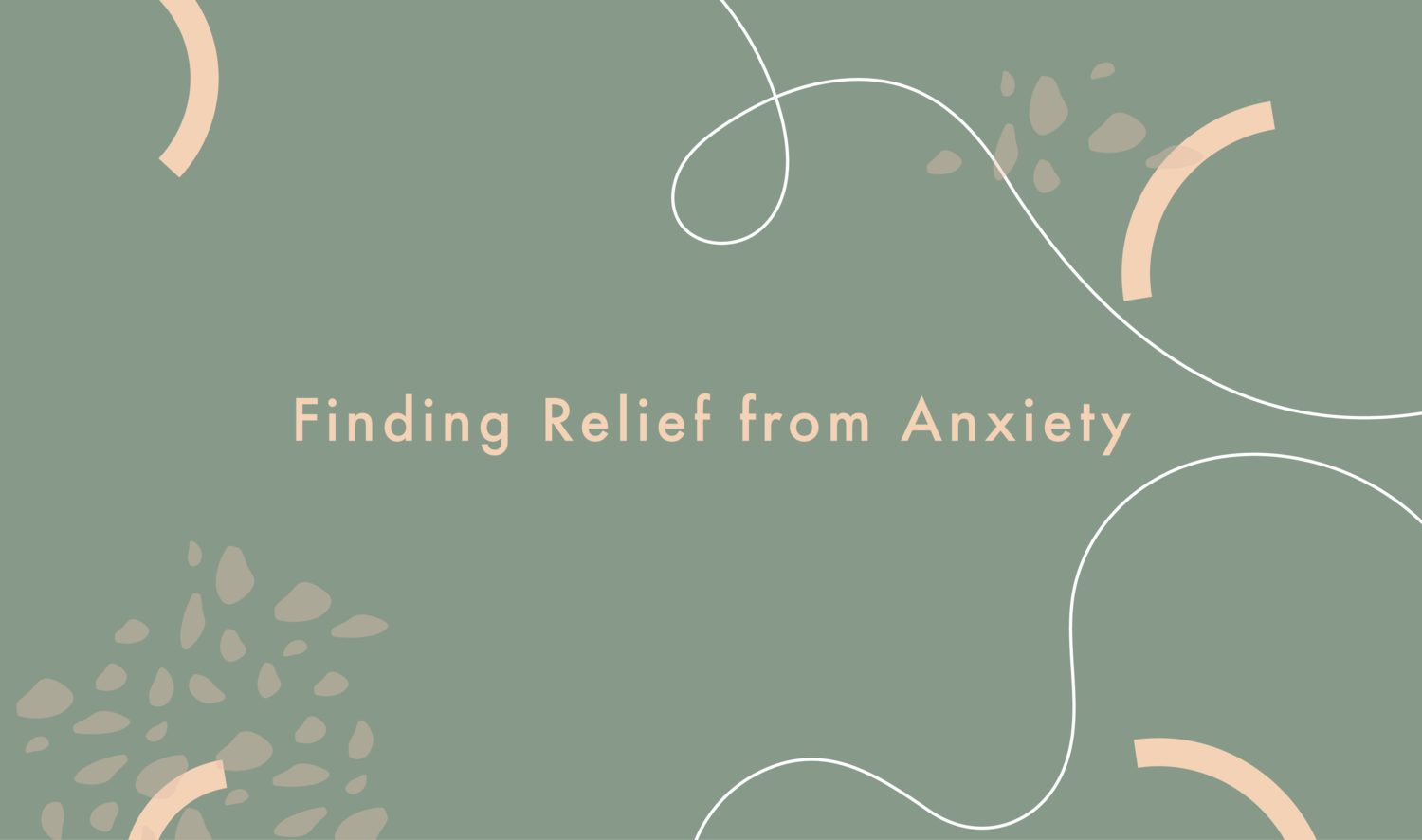
Anxiety is one of the most prevalent mental health issues today and greatly detracts from the overall quality of life for many of my clients. The root causes of anxiety often link to past traumatic experiences that are unresolved and buried in the unconscious mind. Unknowingly they create internal conflict, fear, and begin to influence decision making and overall outlook. Overtime, this may degrade sense of security, confidence, and safety in the world, thereby creating anxiety. In my work with clients we resolve the causes of their anxiety so that they may find lasting relief.
THE ROOT CAUSES OF ANXIETY OFTEN LINK TO PAST TRAUMATIC EXPERIENCES THAT ARE UNRESOLVED AND BURIED IN THE UNCONSCIOUS MIND.
What is Anxiety?
Anxiety is defined as excessive worry, fear, and nervousness beyond what is reasonable or explainable by circumstance. There are several types of anxiety, such as Generalized Anxiety Disorder, Obsessive Compulsive Disorder, and various phobia-related fears. Anxiety is a reflection of unconscious conflict due to unresolved past traumatic experiences. The result? Feelings of overwhelming fearful thoughts, apprehension, unmanageable stress, coping mechanisms, and debilitating worry.
At times, it is normal and healthy to feel anxiety. Examples of healthy anxiety may occur when you face problems at work, give a speech, take a test, or make an important decision. A little bit of anxiety is beneficial and fosters learning, problem-solving, productivity, and builds confidence when an individual is able to overcome their fears. However, when anxiety interferes with daily functioning it is important to seek help so that symptoms do not escalate over time.
Let’s take a moment for quick reflection. Think about a time when you were nervous or worried. Did you experience physical symptoms such as breathlessness, heart palpitations, muscle tension, fatigue, sweating or tremors? Did you eat food, clean your space, go for a walk, drink alcohol, or mediate? All of these behaviors are ways to cope with anxiety – some healthier than others. These coping mechanisms may help to calm and soothe you in the moment, but they do not resolve the underlying causes of anxiety, which is the work we do together in therapy.
Identifying Symptoms of Anxiety
Anxiety symptoms and coping mechanisms are different from one person to another. Working with a therapist will help you gain perspective on your symptoms and how they come up in your life. Then you will find strategies to most effectively provide relief in moments of heightened symptoms so that you are able to continue with daily life.
Through ongoing therapy sessions, you will investigate the unconscious conflicts that are at the root of your anxiety. This process will assist you in finding a deeper understanding of yourself and developing greater self compassion. Together this approach ensures a dramatically improved quality of life and decreases chance of relapse or worsening or symptoms.
Coping with Anxiety
Anxiety symptoms are deeply interwoven with the unconscious and may be hard for the mind to rationally overcome. However, when you feel an anxiety attack coming on there are strategies you can rely on to bring yourself back to the present moment. First,

pay attention to the elements that are immediately present wherever you are: the temperature of the room, color of the building, feel of a steering wheel, or smell of the air. Acknowledging or even saying out loud each element will require you to focus on what is real rather than getting mentally swept away in anxious thoughts. Focusing on the present will help you realize that you are safe. This brings in a small window of clarity that will create distance from your irrational fearful thoughts.
FOCUSING ON THE PRESENT WILL HELP YOU REALIZE THAT YOU ARE SAFE.
What is a Panic Attack?
A panic attack is a sudden feeling of terror that presents without warning and connection to any danger. These episodes can happen at anytime, even during sleep. It can be so intense that people explain these episodes like a heart attack or feeling of mortal danger. Panic attacks may be unrelated to any event, spurred entirely by internal conflict, or triggered by the memory of past traumatic experiences. Most people with panic attacks will experience symptoms of a racing heart, feeling weak or dizzy, numbness in the hands and fingers, chest pain, and feeling total loss of control.
What is Post-Traumatic Stress Disorder (PTSD)?
A person may begin to experience symptoms of PTSD from one month up to many years after a traumatic event. PTSD can start at anytime, simply because the mind no longer is able to repress the trauma. The cause of PTSD can arise from many situations, a few examples include near death experiences, war, car accidents, physical or sexual abuse. The symptoms can be intrusive distressing memories of the traumatic event, such as sudden flashbacks and vivid nightmares. One of the most common symptoms is emotional numbness and avoidance of places, people, and activities that create reminders of the trauma and thus limit one’s ability to travel freely through life. Additional common symptoms include difficulty sleeping and concentrating, feeling jumpy, and being easily irritated and angered.
Addressing these struggles can be intimidating. However, these symptoms interfere with living normally and comfortably, and working with a therapist will allow you to safely explore and resolve past trauma.
I’m here to help you and know through working with countless individuals that you too can find relief from anxiety.
